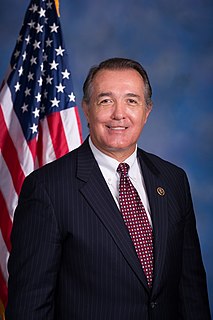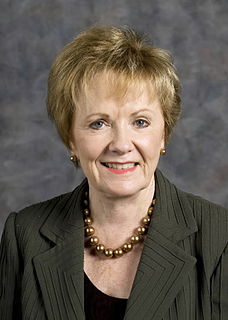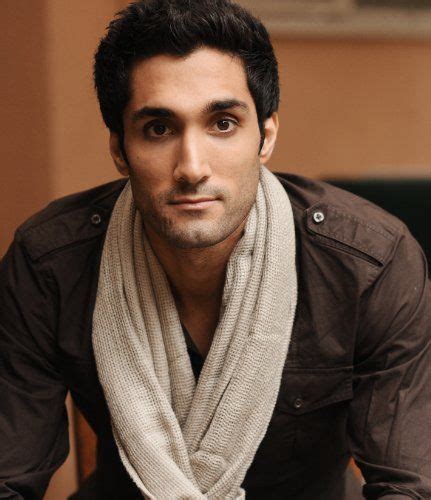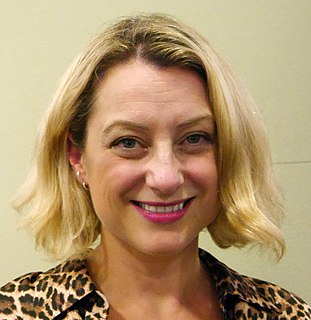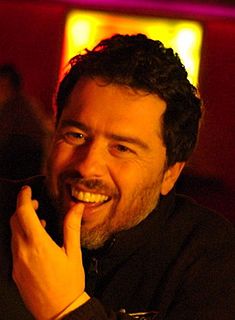A Quote by Trent Franks
I think that the important thing to consider here - Hubert Humphrey said that a society is measured by how he treats those in the dawn of life, those in the shadows of life, and those in the twilight of life. And it is true that Terri Schiavo lives among us in the shadows of life, but she is not brain dead. She feels pain.
Related Quotes
She believes in love and romance. She believes her life is one day going to be transformed into something wonderful and exciting. She has hopes and fears and worries, just like anyone. Sometimes she feels frightened. Sometimes she feels unloved. Sometimes she feels she will never gain approval from those people who are most important to her. But she’s brave and good-hearted and faces her life head-on.
... I was reminded of a remark of Willa Cather's, that you can't paint sunlight, you can only paint what it does with shadows on a wall. If you examine a life, as Socrates has been so tediously advising us to do for so many centuries, do you really examine a life, or do you examine the shadows it casts on other lives? Entity or relationships? Objective reality or the vanishing point of a multiple perspective exercise? Prism or the rainbows it refracts? And what if you're the wall? What if you never cast a shadow or rainbow of your own, but have only caught those cast by others?
In her heart she is a mourner for those who have not survived. In her soul she is a warrior for those who are now as she was then. In her life she is both celebrant and proof of women's capacity and will to survive, to become, to act, to change self and society. And each year she is stronger and there are more of her.
Those powers that control the tent are not threatened at all by any activity that you engage in, in the shadows, that's not moving toward the tent. And I am rather convinced that we have a generation that is so preoccupied with life in the shadows, they never even focus on getting to the sunlight where you open up the big tent.
We are finally living in Plato's cave, if we consider how those who were imprisoned within the cave - who could do nothing but watch those shadows passing on the back wall - were convinced that those shadows were their one and only reality. I see a profound similarity to all this in the epoch we're now living in. We no longer live simply through images: we live through images that don't even exist, which are the result not of physical projection but of pure virtuality.
I think all those years that I spent as a nurse, from the age of seventeen, just allowed me an insight into human emotion at those times of life when it's so important. And to see and witness those times of grief and love and loss and all those things was such a huge privilege, both in my own personal life, but it also, I think, spills over into my writing. I think the one thing that most novelists have is some degree of emotional intelligence, and if you don't have that, then perhaps you might struggle to be a novelist, because that has to come out somewhere.
I went to film school and studied Alfred Hitchcock. I knew of Alma Reville existence, but had no idea really who she was or how influential she was on him. She stayed in the shadows. Go online, and there are hardly any images or film of her. She really stayed out of the limelight on purpose. She didn't want it, and I think that's one of the reasons that she's really lost in the shadows of Hitchcock's history to a degree.
